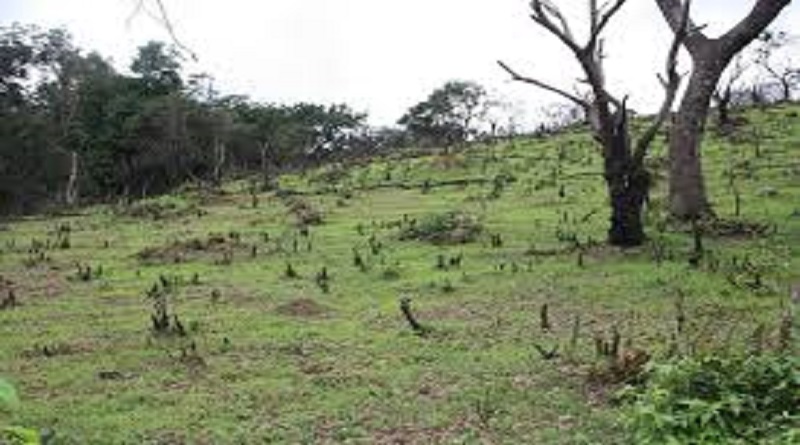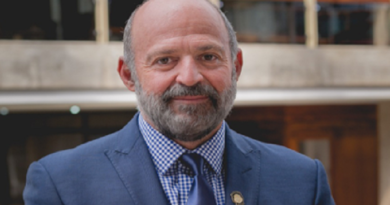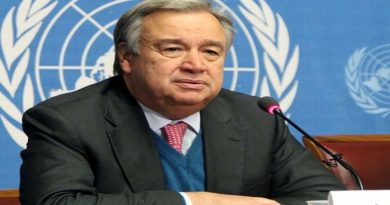Groups in new initiative to restore drylands, drought-prone areas in Asia
Leaders of the Asian Forest Cooperation Organization (AFoCO), World Agroforestry and Center for International Forestry Research (CIFOR-ICRAF), Global EverGreening Alliance (Alliance) will sign on 22 October a landmark partnership agreement to restore drylands and drought-prone areas in Asia.
The Landscape Partnership for Asia will contribute to efforts to restore economic and environmentally productive functions to drylands and drought-prone areas to achieve national and global targets for food security, climate mitigation and adaptation, biodiversity conservation, social equity, bioenergy, governance and economic growth, specifically, to prevent more land degradation, store substantial amounts of carbon and increase biodiversity.
The Partnership will deploy proven and cost-effective solutions that can be expanded to large scale. These will include farmer-managed and assisted natural regeneration; agroforestry; sustainable forest, land, rangeland and water management; bioenergy production; financial instruments; and value-chain development with accompanying social-equity and institutional capacity building. These solutions will help mitigate the climate crisis, build agricultural and environmental resilience, and improve livelihoods through development of small-to-medium enterprises and value chains.
‘For these reasons, we hope to emphasize the importance of cooperation between communities, scientists, researchers and political stakeholders and strengthen governance and institutional capacities for forest and land restoration’ said Chencho Norbu, executive director of AFoCO, which is hosting the secretariat of the Partnership.
‘This is one of the most important agreements for land restoration in the world,’ said Tony Simons, executive director of CIFOR-ICRAF. ‘With more than 14 countries signed up or interested already, ranging from Kazakhstan through Mongolia to Indonesia, covering millions of hectares of degraded forest and agricultural land, the signing of this agreement is an historic moment leading up to the United Nations Decade of Ecosystem Restoration.’
‘We will achieve the ambition through a consortium of partners in the governmental, non-governmental and private sectors through establishing a network of “engagement landscapes”,’ said Robert Nasi, managing director of CIFOR-ICRAF. ‘Engagement landscapes allow focus in geographical locations that aim to take an intensive, systematic approach to collaborative research over the long term.’
‘The Partnership will draw on the collective experience of diverse stakeholders across sectors and borders, supporting local innovation at the grassroots and improving access to knowledge and markets,’ said Christopher Armitage, chief executive officer of the Alliance. ‘This will empower rural communities to really own and benefit from more sustainable landscape management well beyond the end of the Partnership in 2032.’
These groups will include governments, research and development organizations, the private sector, multi-sectoral platforms, civil-society networks and community-based associations that will implement performance-based investments in the restoration of Asian drylands and drought-prone areas, building on successes already achieved.
The Partnership will deploy proven techniques with a well-established track record for dryland restoration across a range of biophysical and socioeconomic landscapes at wide scale to speed regreening and improve livelihoods.
Knowledge will be shared across Asia, inviting specialist expertise from Africa and other dryland regions, to establish a coherent body of ‘green, blended development’ knowledge and successes on the ground that will sustain further expansion of scale.
The Partnership will also implement a trans-Asia monitoring and evaluation system that assists national governments to measure progress in relation to targets and that will feed these achievements into international commitments, linking to other restoration initiatives such as the Bonn Challenge, the Decade of Ecosystems Restoration, and the Forest Landscape Restoration programme of the Food and Agriculture Organization of the United Nations for Asia-Pacific.




